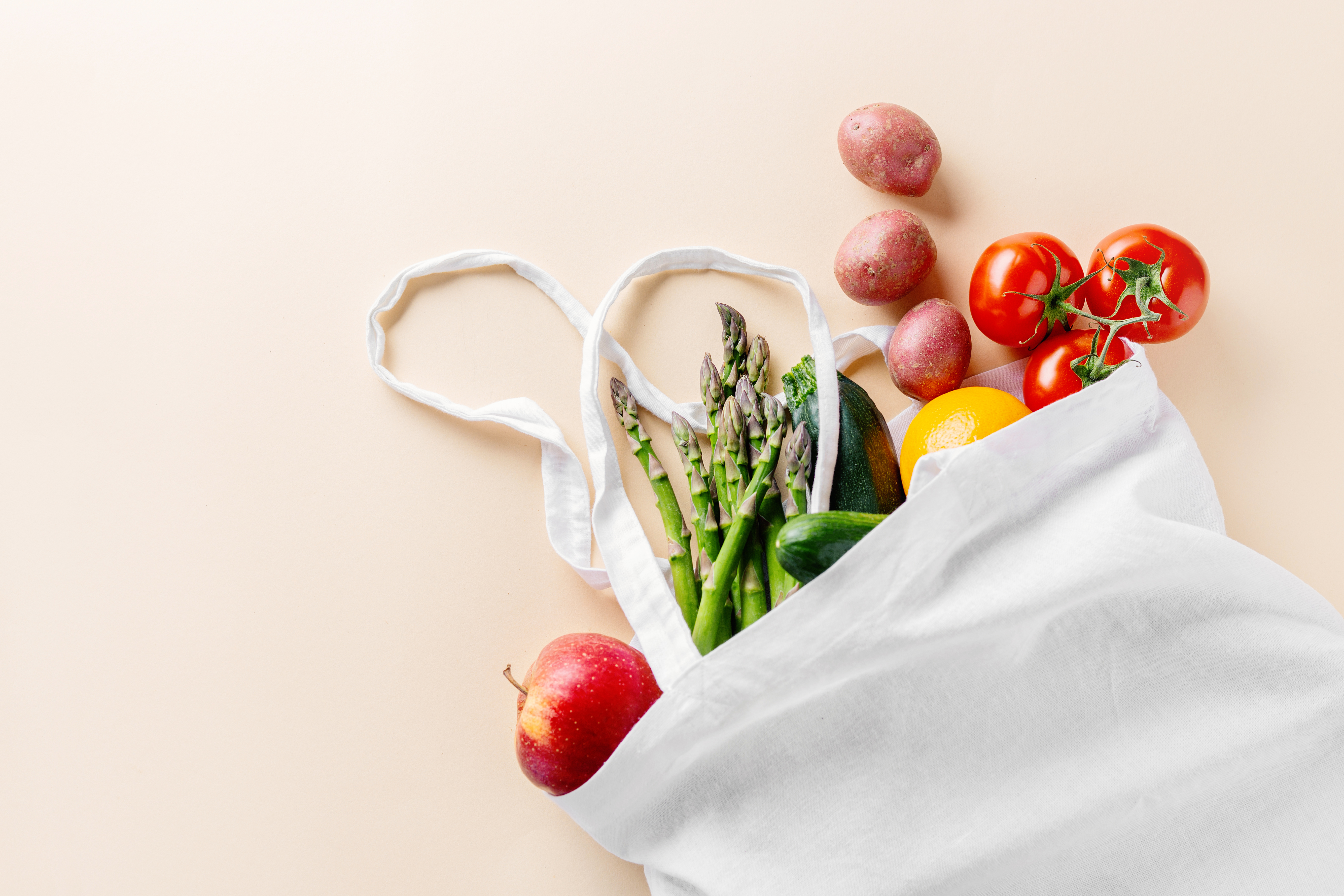
Let us take you to HELSINKI, Finland, where it is “happy-hour” at the S-market store in the working-class neighborhood of Vallila. At this happy hour no one is having a cocktail, everyone here is looking for an astonishing discount on food. Yes, people at this S-market store are shopping deep discounts on food that is near or at it’s expiration date to save it from being thrown away.
This is happening at all of the 900 S-market stores in Finland under the name of happy hour, as part of a two-year campaign which aims to reduce food waste all around the country. The logic behind the happy hour is that food that is near it’s expiration date is being sold to people in Finland at a reduction of an additional 30 percent will save a significant amount of food waste to be sent to area landfills.
Shockingly one-third of the food that is produced and packaged for human consumption is lost or wasted according to Food and Agriculture Organization of the United Nations. That means 1.3 billion tons of food that is worth $680 billion is being wasted. These are troubling numbers. Scientists also state that food waste is contributing negatively to climate change because methane gas is released as organic waste rots in landfills. Methane gas is about 25 times more harmful than carbon dioxide.
What each person can do to minimize food waste is a very important question that everyone should consider. The grocery stores have the habit of selling as much as food as possible to increase profits, however, what is good for their bottom line, may be bad for our environment. Grocery stores like the S-market should be applauded for their innovative promotion and Canadian grocery stores should take notice.
Nine out of ten supermarket chains based in the United States and Canada got a grade of C or lower based on the assessment by the nonprofit Center for Biological Diversity last year. These scores were assessed on the level of food waste that these stores are generating. It seems that only the American company, Walmart did a better job on this issue. Food waste is a huge problem and encouraging innovative solutions is the only way we are going to solve this increasing challenge for this century.